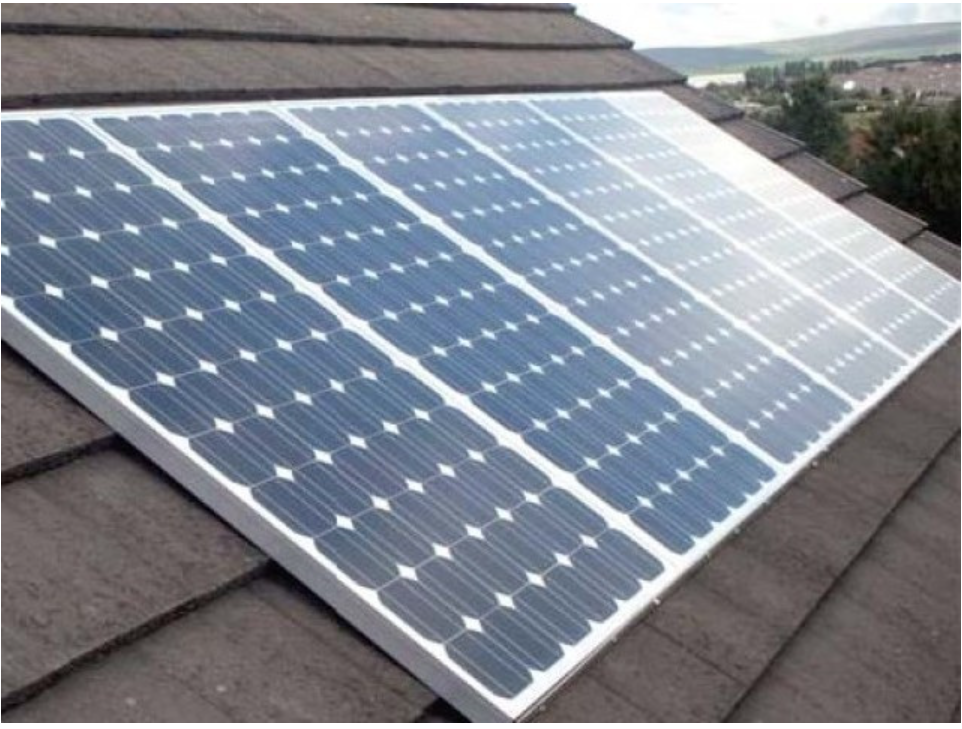In a surprising yet welcome move, the government has officially withdrawn taxes on hybrid vehicles and solar panels, a decision that could spark major shifts in consumer behavior and green technology adoption across the country.
✅ What Has Changed?
As part of the latest fiscal policy updates for 2025–26, the government announced the removal of several key taxes that previously made eco-friendly technologies more expensive:
- Hybrid Cars: Import duties and sales tax on hybrid vehicles (both HEVs and PHEVs) have been significantly reduced or completely removed.
- Solar Panels: General Sales Tax (GST) on solar panels and related equipment such as inverters, batteries, and installation kits has been withdrawn.
🔍 Why This Matters
The shift comes as part of a larger push towards sustainable energy and climate-conscious infrastructure:
- Encouraging cleaner transportation
- Making solar energy more affordable for households and small businesses
- Reducing reliance on fossil fuels and grid-based electricity
This move is expected to boost demand for:
- Affordable hybrid cars, especially among urban buyers
- Residential solar setups as energy prices remain high
- Local and international investment in green tech sectors
Taxes on Hybrid Cars and Solar Panels
💬 Expert Reactions
Industry leaders and environmentalists have applauded the decision:
“This is a game-changer for clean mobility in Pakistan,” said one automotive expert.
“Lowering the cost of solar adoption can help bridge the energy crisis,” commented a renewable energy consultant.
🚗💡 What Consumers Should Do Now
If you’ve been waiting to invest in a hybrid car or install solar panels, now is the perfect time. With taxes withdrawn:
- Prices will fall
- Demand will rise
- Incentives and financing options are likely to grow
Be sure to check:
- Updated pricing from local dealers and solar installers
- Availability of government-backed financing or leasing programs
🌱 Final Thoughts
With these tax cuts, the government signals a clear shift towards green living and energy independence. Consumers and businesses alike now have more reasons—and fewer financial barriers—to go green in 2025.



